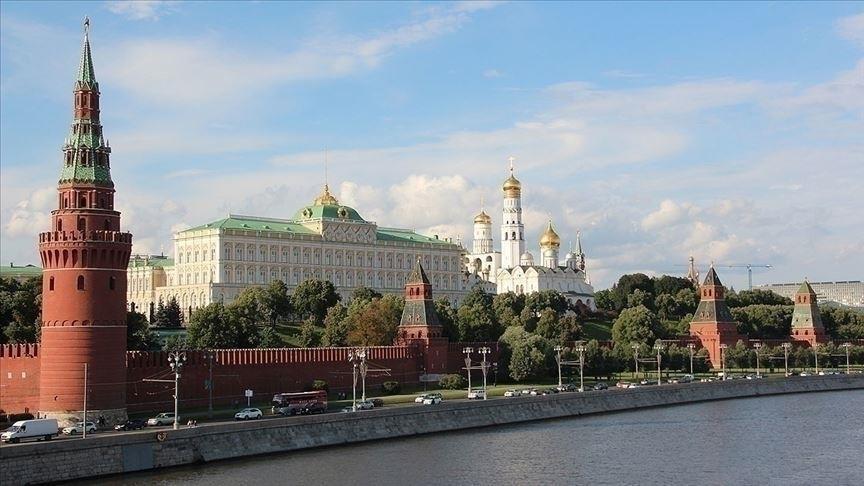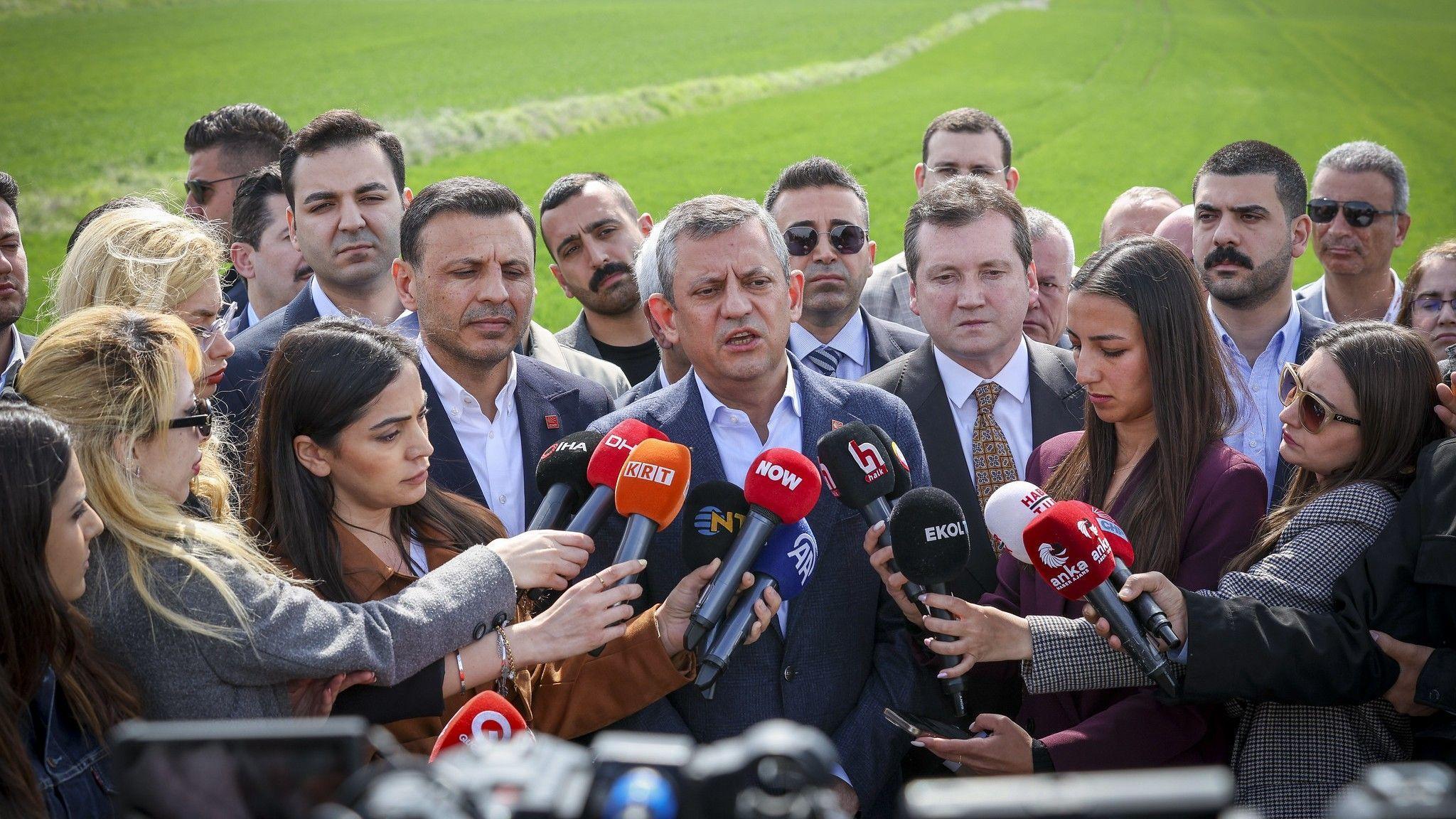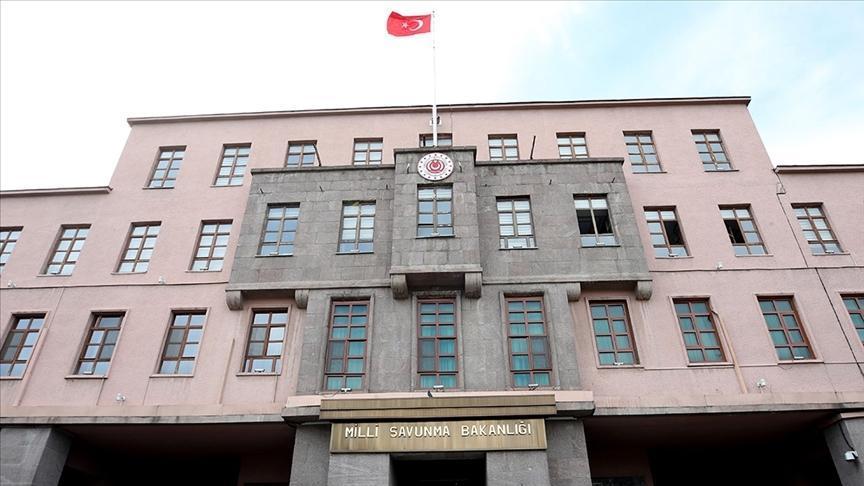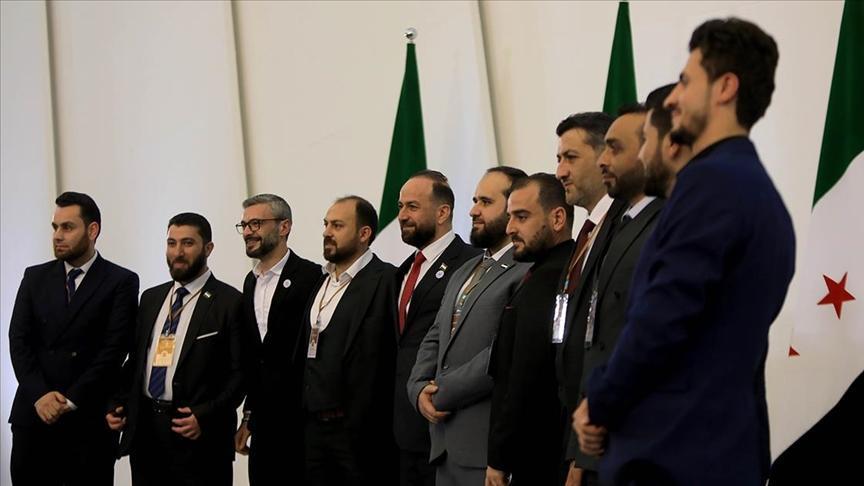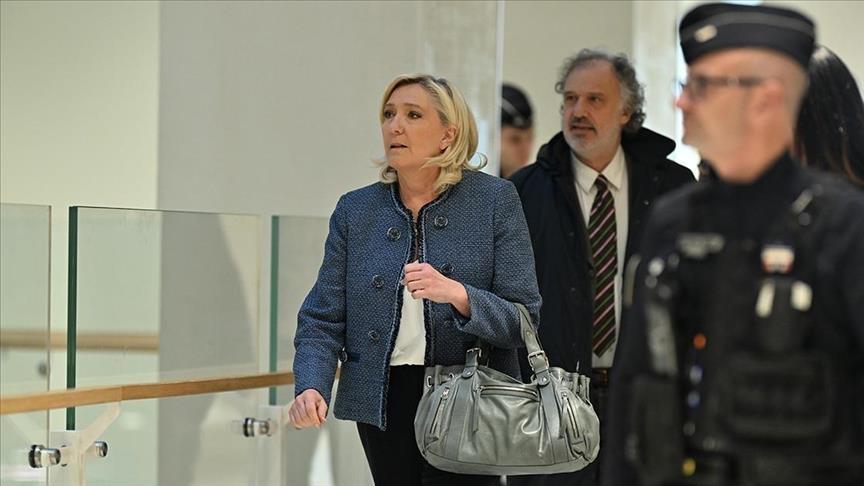Mexican WTO candidate vows to solve Doha talks
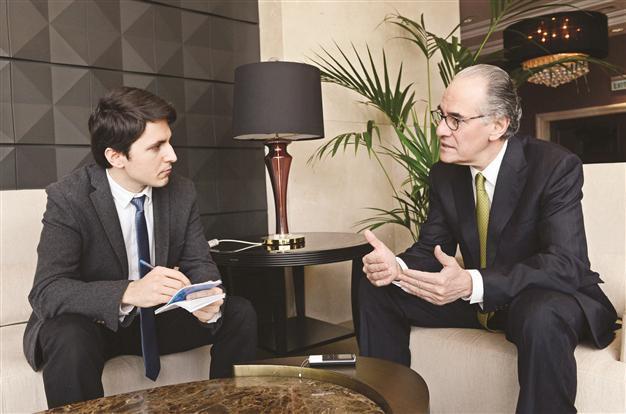
Herminio Blanco, a Mexican candidate for the position of director general of the WTO, is seen as he answers the questions of HDN reporter in this phile photo. DAILY NEWS photo, Selahattin SÖNMEZ
A Mexican candidate for the position of director general of the World Trade Organization (WTO) has promised to find a resolution to the stalled Doha Round of talks and to put the WTO in a “relevant place” again.Herminio Blanco, a former Mexican trade minister who led his country’s negotiations on the North American Free Trade Agreement (NAFTA), said he has experience negotiating both with large and small countries, and pledged to endeavor for a pro-development free trade deal.
“The large majority of the countries in the WTO are countries that are developing, and many of them are the least-developed countries. They all need help so as to get these negotiations done and to get the WTO to a new stage and to negotiate new rules that can put the WTO again in a very relevant place vis-à-vis the network of trade agreements that is being negotiated,” Blanco told the Hürriyet Daily News in an interview yesterday.
Blanco was in Ankara to hold talks with senior officials from the Turkish Foreign Ministry as well as the Customs and Trade Ministry and ask for Turkey’s support. There are eight candidates other than Blanco to replace current WTO head Pascal Lamy, whose tenure ends Aug. 31.
For any WTO directorate general, the stalled Doha Round of talks is the top task, Blanco said. “Solve what is on the table and then move ahead to new topics so as to keep the WTO relevant, that’s the duty. What I believe has to be done is to get countries’ governments involved at the highest level. How do you do that? You need to bring some type of credibility to the organization,” Blanco said.
The WTO’s Doha Round of talks was launched in the Qatari capital in late 2001 to forge a new deal on freer flow of goods and services.
However, it has repeatedly foundered, notably over disputes between rich and developing nations on agricultural and industrial products.
At the end of this year, the WTO will have a ministerial meeting in the Indonesian city of Bali, which would be a first step for a resolution to the deal, according to Blanco.
“There are some topics that had been discussed for the Bali meeting. The negotiation of a relatively small but significant package that will bring benefits for developing countries and developed countries is crucial. It is fundamental that it comes out to be a success because that will start creating credibility inside the organization, trust among members and also trust and confidence outside.”
Negotiations without the support of private sectors around the world would mean nothing, Blanco said. “I have the capacity to go to the governments and private sectors of different countries and convince them that the only way that this can be solved is with everybody giving a little bit,” Blanco said, adding that some countries and leaders like the U.S., Japan, the EU have to give more in these negotiations. “I am capable of reaching out at all levels to work with the ambassadors in Geneva and then to help them make the countries more flexible to reach the table and to get to a solution.”
Protecting the free flow of goods in international trade and fighting against protectionism is crucial to coping with the global economic crisis, according to Blanco.
“The WTO has already contributed to efforts to cope with the global economic crisis. If there wasn’t the WTO, the crisis that we experience would have been deeper,” he said, indicating that protectionist measures taken by some countries did not reach the extent that would deepen the crisis, thanks to the WTO’s endeavors.
“The WTO could contribute further because there are some estimates… for instance in trade facilitation, the capacity of the WTO to increase production in the world – the benefit to the world is about $400 billion, this is just one part. If you put everything together, the benefits for the world would be substantial, would be close to $1 trillion. That would be a nice push, a contribution to bring the economy out of its recessionary state,” Blanco said.


